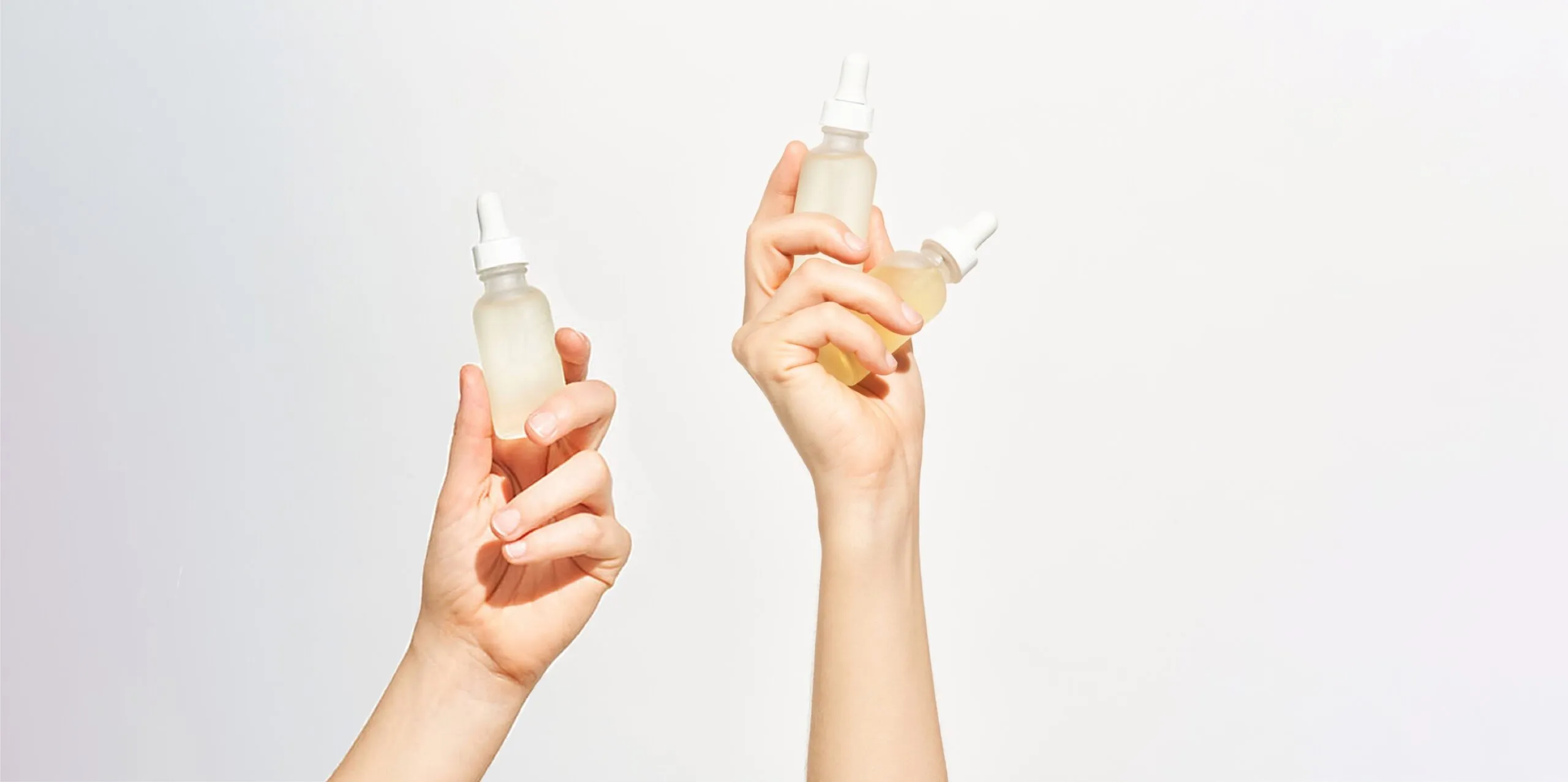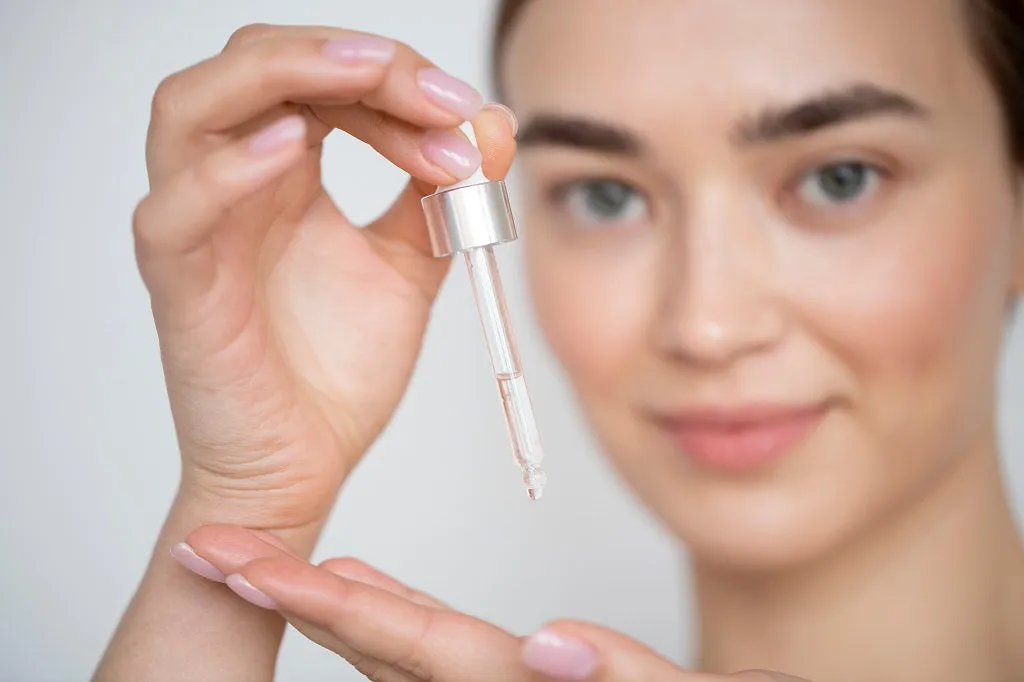But then, can i use retinol and vitamin C without turning your skincare routine into a science experiment gone wrong? Yes, but don’t attempt to wing it like a mad scientist. Here’s how to do it right.

If your skincare regimen is beginning to read like a chemistry textbook, you’re not the only one. Vitamin C and retinol are two of the most popular players in the beauty world.
But then, can they harmoniously coexist on your face together without imploding? The short answer is yes, with a condition. You cannot just slop them on willy-nilly and hope for the best.
What Do Retinol and Vitamin C Even Do?
Digging into retinol, it is derivative of vitamin A, this is basically the MVP of anti-aging. It boosts collagen production, speeds up cell turnover, and lightens dark spots and fine lines. Think of it as a mini personal trainer for your skin cells, instructing them to work harder and look better.
And for vitamin C, this antioxidant is your skin’s shield. It fights free radicals (those naughty molecules that cause aging), brightens your complexion, and evens your skin tone. It’s also amazing at plumping collagen and protecting your skin from the outside in.
Both ingredients are powerhouses, but they’re also intense—which is why pairing them requires a bit of strategy.
Can You Use Retinol and Vitamin C Together?

Yes, you can! But the thing is: timing is everything. Retinol and vitamin C are at different pH levels, and using them together will make them less effective. And also, using them in the wrong combination may irritate your skin, especially if you have sensitive skin.
Retinol (a vitamin A derivative) boosts collagen, speeds up cell turnover, and fights wrinkles. Vitamin C, an antioxidant, brightens skin, dark spot corrector, and protects against environmental damage. So instead:
1. Apply Vitamin C in the Morning
Put it on after cleansing. It protects your skin from pollution and UV damage (follow up with sunscreen always!).
2. Apply Retinol at Night
It works better at night since it can make your skin more sun-sensitive. If you have sensitive skin, you can alternate every other day—vitamin C one day, retinol the next.
Begin with low concentrations always, moisturize intensely, and use daily sun protection. In short, yes, you can use both—just stagger them! Your skin will thank you for the glow-up.
How to Use Retinol and Vitamin C Without Ruining Your Skin
And here’s the golden rule: Don’t use them at the same time. Alternate them instead. Here are two easy ways to do that:
1. Use Vitamin C during the Day and Retinol at Night
– Morning: Vitamin C serum is applied after cleansing. It’s perfect for daytime use as it protects your skin from pollution and UV damage (though you still need sunscreen—don’t skip it!).
– Night: Use retinol at night as part of your nighttime routine. It’s more effective at night because it can make your skin more sensitive to the sun.
That way, you get the benefits of both products without their interfering with one another.
2. Alternate Days
For sensitive skin, you might want to use retinol and vitamin C on alternate days. For example:
- Monday, Wednesday, Friday: Vitamin C in the daytime.
- Tuesday, Thursday, Saturday: Retinol at night.
- Sunday: Give your skin a break or focus on hydration.
Are there Tips to Avoid Irritation?

There sure is as there guides to follow not just for ease, but also a swift and effective result
1. Start Slow
If you’re new to retinol or vitamin C, introduce them one at a time. Start with a low concentration and gradually build up.
2. Patch Test
Always do a patch test before slathering new products all over your face. Your future self will thank you.
3. Moisturize
Both of these products can be drying, so top it all off with a good moisturizer to keep your skin joyful.
4. Sunscreen is Not Optional
Retinol makes your skin more sensitive to the sun, and vitamin C works best under the protection of sunscreen. Don’t skip this step!
What Not to Do
The trick is not to use them at the same time. They both have a different pH and can deactivate one another or cause irritation to your skin.
- Don’t Use Them Together in the Same Routine: Applying retinol and vitamin C one after the other can irritate your skin and reduce their effectiveness.
- Don’t Overdo It: Too much of either ingredient can lead to redness, peeling, or sensitivity. Less is more.
Also, both ingredients have the potential to dry out your skin, so moisturize with a gentle moisturizer.
The Bottom Line
So, about using retinol and vitamin c, sure, you can use retinol and vitamin C, just not at the same time.
Think of them as two star players on the same team: they’re most powerful when they’re given their own time to shine.
By using vitamin C in the day and retinol at night (or every other day), you’ll get the benefits of both without the irritation. So go ahead, succumb to the glow-up. Your skin will thank you!
